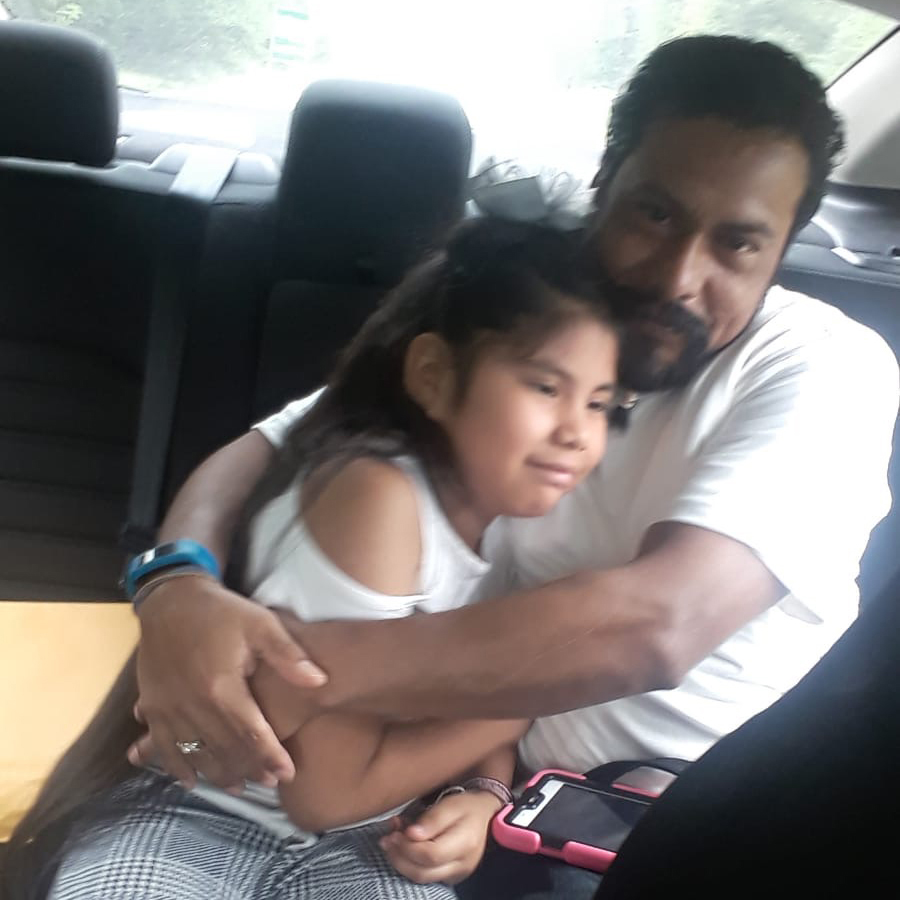20 Apr Achieving Freedom from ICE

Tony Agustin, a Mexican national, was arrested without warning last August in a massive Immigration and Customs Enforcement raid on the Mississippi chicken plant where he worked.
The ICE agents arrested 680 people in the raid. They quickly took Tony to a remote detention center in northern Louisiana. He was worried — but not for himself. He thought of his wife, who would have no idea what happened to him. He worried about his eight-year-old daughter, who he normally picks up after school. He was only able to contact his family after two long weeks in detention.
The Mississippi Center for Justice came to Tony’s aid in hopes of getting him released. They paired him with a pro bono attorney who filed a bond motion on his behalf. Unfortunately, the judge denied his request. He alleged that Tony was a flight risk despite his decades of residence in Mississippi, close ties to the community, and his child, who is a U.S. citizen.
Then, his lawyers filed an application for a “cancellation of removal” — which would stop Tony’s deportation. Non-permanent residents are eligible for the measure if they have lived in the country for at least ten years, have not been convicted of certain offenses, and can prove that deportation would cause exceptional and extremely unusual hardship to a U.S. citizen spouse, child, or parent.
Tony met all of the requirements. But in March 2019, a judge denied the application and ordered Tony deported. The judge justified his ruling by stating that Tony’s daughter would not suffer extreme hardship if she had to live with her father in Mexico. That was despite her inability to speak Spanish and numerous U.S. State Department travel warnings for Mexico.
Then, the COVID-19 pandemic struck. Tony was terrified — ICE facilities are hotbeds for the disease. Detainees live in tight, filthy conditions and don’t get enough soap, toothpaste or other sanitary products to maintain proper hygiene generally, let alone during a global health crisis. They also don’t have adequate access to doctors, nurses and other medical professionals. Tony was particularly worried because he had heart problems, making him especially vulnerable to COVID-19.
Tony and his fellow detainees at the Richwood facility decided to take action. They arranged a hunger strike to protest the conditions at the facility. Tony and his wife, Hilda also went to the media to share his story. MCJ continued to push for Tony’s freedom.
Finally, in April, Tony was released due to his risk of getting COVID-19.
But the fight continues. Tony could still be deported. Right now, his bond denial and order of removal are both on appeal before the Board of Immigration Appeals, the highest administrative body for interpreting and applying immigration laws.
And many other immigrants are still behind bars, fearing for their lives. MCJ will continue to advocate fiercely for these immigrants. To join the fight, donate here.


